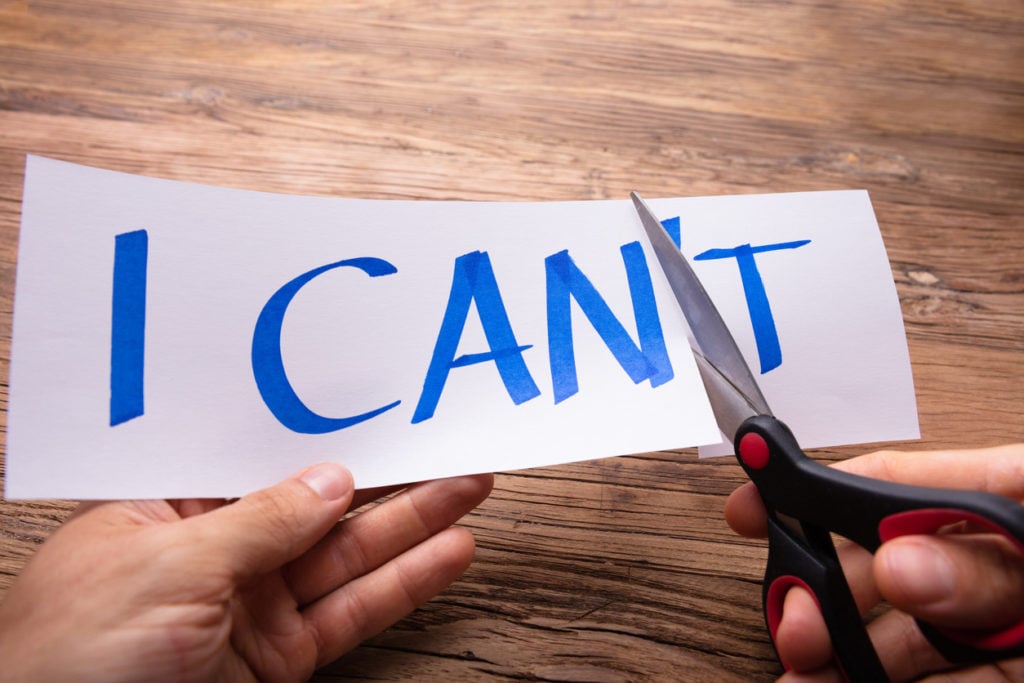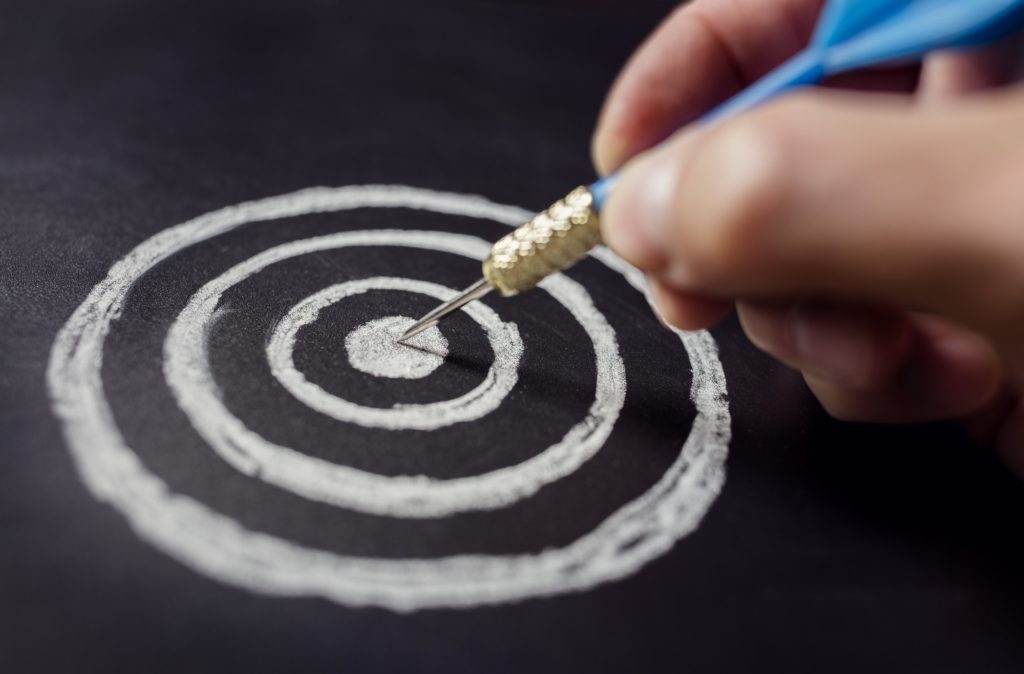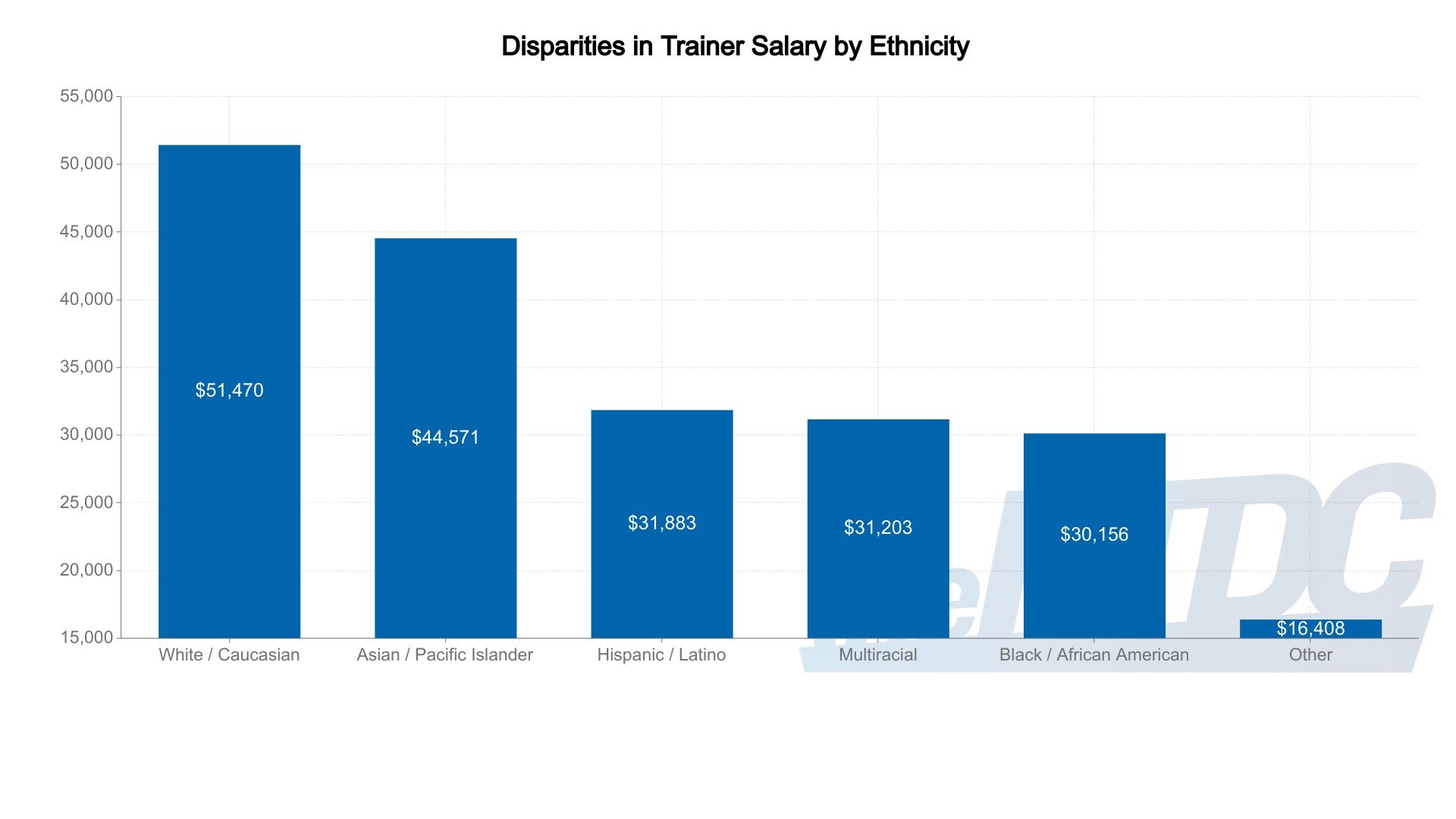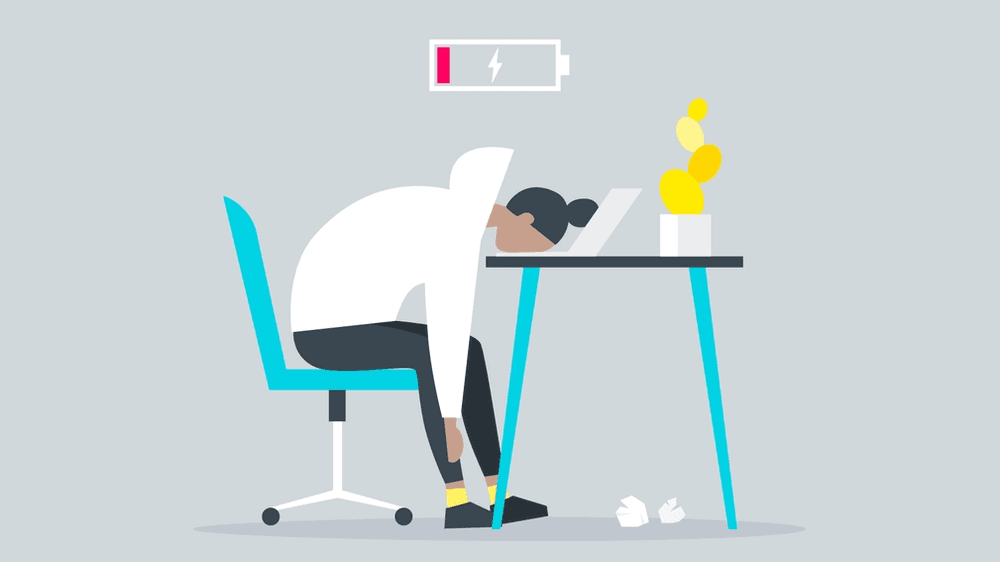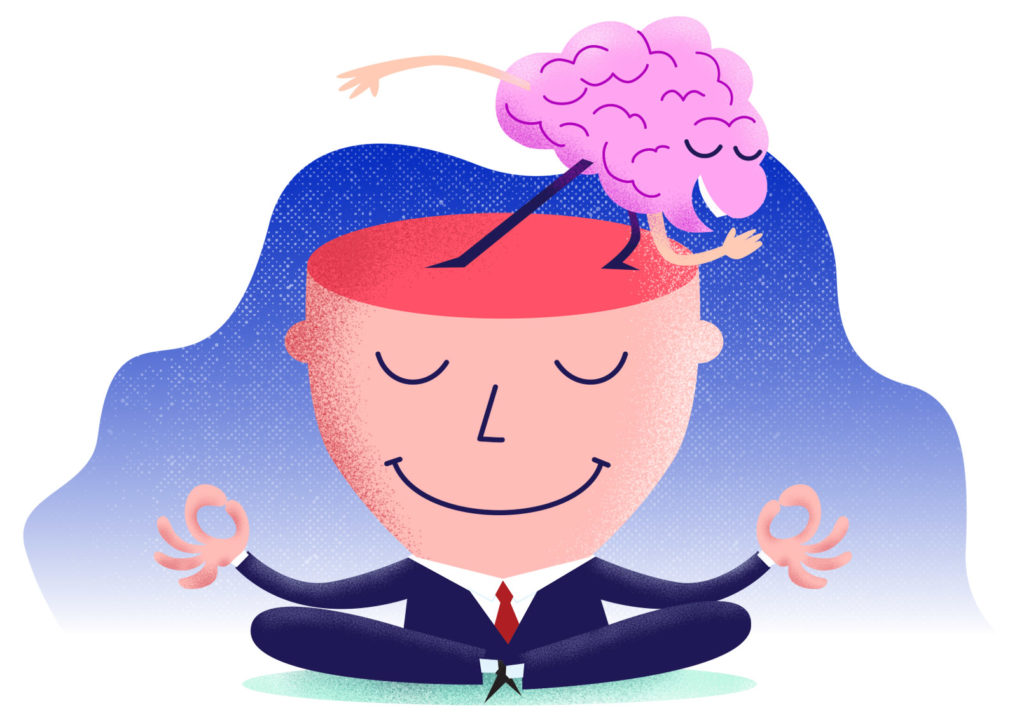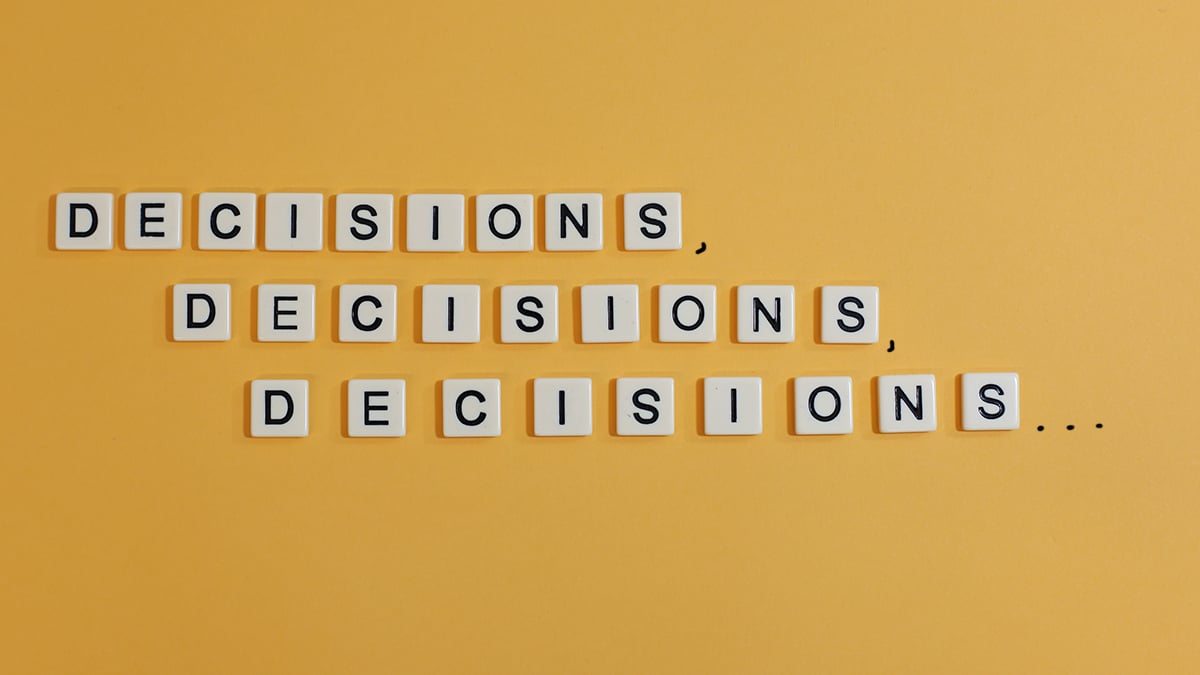Strong. Inspiring. Influential. Confident. In control. These are the descriptors of self-empowerment. A self-empowered person is someone who knows what they want and why they want it. A self-empowered person is someone willing to take control and take responsibility for their own life. They know who they are, and they are comfortable in their own skin.
Based on what I’ve just described, it’s natural for most of us to seek a sense of self-empowerment in our own lives. But how do you develop it?
Let’s dive into the 5 ways to develop-self empowerment to live the life you want.
1. Find Your Purpose
To have self-empowerment, you need to have a purpose—a reason, a cause, a “why” that underpins your actions. Getting clear about that is going to give you clarity in almost every area of your life because it gives you a filter with which to decide what you’re willing to do or not to do.
Here’s how I express my “why”: ”To empower and educate people everywhere so that they can improve their lives and achieve their goals.”
Knowing my “why” empowers me to make the impact I desire, whether that’s through writing books and articles, delivering speeches, publishing new episodes of my personal development podcast, or via the book summaries that we publish at FlashBooks. These all fall under my “why.”
If you look at anything I do, you’ll notice that all roads lead back to my “why”—to empower and educate people everywhere so that they can improve their lives and achieve their goals.
So, what’s your “why”? Figure it out, and you’ll be on the fast track to developing your sense of self-empowerment.
2. Know What You Want
The definition of empowerment is to give someone the authority or power to do something. Naturally then, self-empowerment is about giving yourself the authority or power to do something.
But if you don’t know what that something is, how could you be empowered? Answer: you can’t. That’s why it’s crucial to be able to identify what you want. And the best way to do that is to look at each of the major areas of your life—personally, professionally, financially, physically, emotionally, mentally, spiritually—and set goals for each.
Setting goals gives you direction, and a person with direction is far more empowered than someone without it. To develop self-empowerment, get crystal-clear about what you want and set goals to help you make it happen.[1]
Here’s a great way to get started setting more empowering goals:
- Grab a stack of paper and write down each of the major areas of your life at the top, using a separate sheet for each domain. For example, page 1 might be for “Health,” page 2 might be for “Business,” and so on.
- Once you’ve got each of your domains or areas are written down, grab your first page and start listing some big goals you want to achieve within that specific domain. For example, under the “Business” domain, you might write down some goals like, “(1) Acquire 100,000 paying subscribers within the next 12 months. (2) Get more press. (3) Hire new marketing manager, etc.” Repeat this process for each domain.
- Once you’re done, review your goals and select the one goal that could make the biggest difference within each of your domains. By the time you’re done, you should have one major goal for each of the major areas of your life.
- Finally, identify a single action you can take to get the ball rolling for each goal.
Doing this will not only give you clarity, but it will also show you that making progress isn’t as difficult as you may have thought—you can do this. And each time you do something to inch yourself closer toward your goals, you’re simultaneously developing a stronger and stronger sense of self-empowerment.
3. Take Action
Once you know your “why” and you’ve set some goals, it’s time to take action—empowered action. Be decisive and take actions that align with your “why” and help you achieve your goals. This isn’t always easy, and it’s often scary., especially if you’ve got a big vision and audacious goals.
But here’s the good news: as you take decisive action consistently, your sense of empowerment gets stronger and stronger. In fact, when it comes to developing self-empowerment, the results of your actions don’t always matter. The fact that you actually take action is what matters because action leads to motivation, and motivation is empowering.
Here’s a quick tip you can use pretty much anytime to get yourself to start taking action. It’s called the “5-second rule” (pioneered by author Mel Robbins in her book of the same title), and it’s insanely simple: If you have an impulse to act on a goal, you must physically move within five seconds or your brain will kill the idea.[2]
Next time you get an impulse to make a positive change or to take any action of any kind, count down from 5-4-3-2-1—and start moving immediately. Otherwise, hesitation and doubt will take over and talk you out of taking action.
Right before we’re about to anything that feels hard or scary, we tend to hesitate, and hesitation is where dreams go to die. You might hesitate for just a second, but that’s all it takes. That one small moment of hesitation sets off a mental system that’s designed to stop you, and it happens in less than five seconds.
Another tip: when you’re using the 5-second rule, remember to count down rather than up because the natural thing to do after you get to five is to keep counting, whereas there are strong associations with using countdowns prior to action. (Think of the New Year’s countdown or a countdown to the launch of a rocket ship.)
The rule is what habit experts call a “starting ritual,” and it has the power to replace negative habits by interrupting them and replacing them with a better one—a key habit-change strategy. Additionally, it activates the prefrontal cortex, which is the part of the brain that is used when taking deliberate action.[3]
There are ways we can trick our own brains into taking the actions we know we want to take but somehow allow ourselves to chicken out of taking because of fear, anxiety, or over-analyzing ourselves into paralysis. It seems that after you count backward, you mentally shift the gears in your mind. You interrupt your normal thought patterns, and you instead do what psychologists refer to as “assert control.”
The 5-4-3-2-1-countdown shifts your attention from focusing on excuses to focusing on taking immediate action in a new direction, and once you physically get going and start moving rather than stopping to think, your entire physiology changes and your mind follows suit.
Another reason why the rule works so well is that it gets us started. Why is that important? Because we tend to remember unfinished tasks better than those we have already completed. And since big goals and projects aren’t achieved in one sitting, our brains will actually want to loop us back to whatever big project or goal we started working on—this is the power of the “5-second rule.” Starting on a project makes it much more likely that we will remember to act on it than if we had just thought about it when first getting the idea.
4. Take Responsibility
Sometimes, the actions you take won’t work out or, even worse, your actions could result in negative outcomes for other people. Someone without self-empowerment might make excuses or point the finger at someone else in these scenarios, but not you. If you want to develop self-empowerment, you’ll need to start taking responsibility.
Responsibility is about how you respond to what happens to you. It’s about accepting the results of your actions—whether they be good, bad, or somewhere in between. When a responsible person realizes they’ve made a mistake, they acknowledge it and apologize for it immediately and emphatically. They don’t hide from their mistakes; they learn from them.
Responsibility is also about not sweating the small stuff. When someone you don’t know says your t-shirt is ugly, it could be because your t-shirt is actually ugly, or it could be because they themselves feel insecure about their own choice of clothing. Either way, what they think about you is none of your business! A responsible person recognizes this and moves on with their day, while an irresponsible person might fly off the handle and have a hard time letting it go.
To be responsible is to recognize that your behavior is a function of your decisions, not your conditions. Having a bad day doesn’t mean you need to be in a bad mood. You can decide to be in a good mood.
Making responsibility a habit takes practice and patience, but it’s worth it—because the return on your investment comes in the form of a higher sense of empowerment.
5. Empower Others
We learn best when we’re teaching and sharing what we learn with others. It helps us grasp—and eventually master—what we’re learning about. Developing self-empowerment is no different. In fact, when you empower others to improve their lives, you empower yourself in the process.
A big part of developing your sense of self-empowerment is about being able to inspire and influence yourself as well as others. The most powerful way to do that is with words. Whether they’re spoken or written or both, words have the power to change the world. Use them.
Learn about how to communicate effectively. Read books like How to Win Friends and Influence People by Dale Carnegie, Influence: The Psychology of Persuasion by Robert Cialdini, The 7 Habits of Highly Effective People by Stephen Covey, and other leadership books to help you harness your skills as someone who can communicate to inspire and empower.
Final Thoughts
Self-empowerment is about taking control over your own life. It’s about living life on your own terms, having confidence, and making a positive contribution by empowering others. All-in-all, developing self-empowerment is both essential and worth it if you want to lead a meaningful and fulfilling life.
So, to develop self-empowerment to lead the life you want, remember to:
- Find your purpose. (Draft a “why” statement.)
- Know what you want. (Set goals.)
- Take action. (Take purposeful action towards your goals).
- Take responsibility. (Life and how we live it is one big string of decisions.)
- Empower others. (Helping others helps and empowers you.)
More Articles About Self-Empowerment
- 5 Strategies for Personal Empowerment in Difficult Situations
- 10 Empowering Beliefs That Lead You To Success
- 7 Morning Rituals to Empower Your Day And Change Your Life
Featured photo credit: Antonette Marie via unsplash.com
Reference
| [1] | ^ | Dean Bokhari: THE POWER OF CLARITY |
| [2] | ^ | (flash)books: The 5 Second Rule |
| [3] | ^ | TIME: 5 Science-Approved Ways to Break a Bad Habit |
The post How to Develop Self-Empowerment to Live the Life You Want appeared first on Lifehack.
// Positive Thinking //